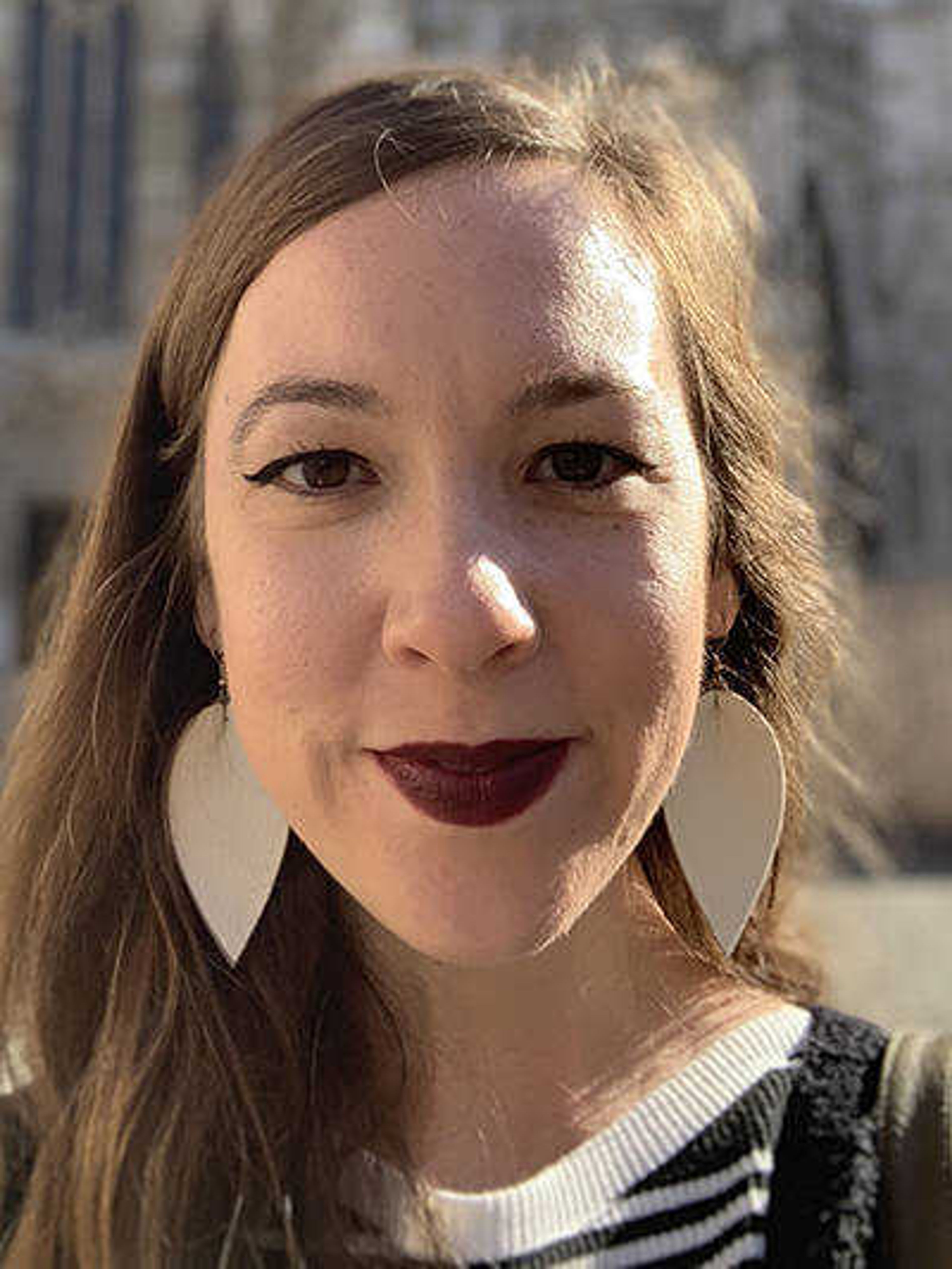Living belief
In John 10:10 (NAB), Jesus says, "A thief comes only to steal and slaughter and destroy; I came so that they might have life and have it more abundantly." What are the places in our own lives, our country and our world in which there is absence, death and destruction?...
By Mia Pohlman
In John 10:10 (NAB), Jesus says, "A thief comes only to steal and slaughter and destroy; I came so that they might have life and have it more abundantly."
What are the places in our own lives, our country and our world in which there is absence, death and destruction?
These are places and circumstances Jesus wants to redeem, places where we are called to come to Jesus, so that he might transform into abundant life what has been taken from us or what we have given away.
These are the places Jesus wants to lie down in front of us for, to filter -- as a gate does -- what goes into the safety of the pasture and what comes out of it, into the openness of the world.
I think as members of Christ's body and as people who live in Jesus, we also are called to allow God to cultivate abundant life through us -- in our own lives, in our relationships and in the environments we inhabit.
I like the way the words often attributed to St. Teresa of Avila -- but which perhaps were actually written by Methodist minister Mark Guy Pearse and Quaker medical missionary Sarah Elizabeth Rowntree -- state this concept: "Remember Christ has no human body now upon the earth but yours; no hands but yours; no feet but yours. Yours, my brothers and sisters, are the eyes through which Christ's compassion has to look upon the world, and yours are the lips with which his love has to speak. Yours are the hands with which he is to bless men now, and yours the feet with which he is to go about doing good through his Church which is his body."
Let us not fall victim to the bystander effect and assume someone else will love in a way only you can, or only I can, through the specificities of our personalities, experiences, relationships and environments.
Let us allow Jesus to live through us.
In John 6:28-29 (NAB), the people who have followed Jesus across the sea to Capernaum ask him, "What can we do to accomplish the works of God?"
He replies, "This is the work of God, that you believe in the one he sent."
This is our work: to believe in Jesus. But I don't think it stops there.
True, living belief moves us to love ourselves and others in concrete ways, because we know the love of God in which we live.
True, living belief allows us to communicate our hope in situations and people in which it seems useless to do so, because we know the hope of a God who brings good out of everything, always.
True, living belief helps us enter into the process of forgiving ourselves and others, because we know we were considered by God worthy of being created and worthy of dying for.
This kind of belief is how we accomplish the works of God, a creator who daily comes to us over and over again, so that we might have life more abundantly.
Connect with the Southeast Missourian Newsroom:
For corrections to this story or other insights for the editor, click here. To submit a letter to the editor, click here. To learn about the Southeast Missourian’s AI Policy, click here.










